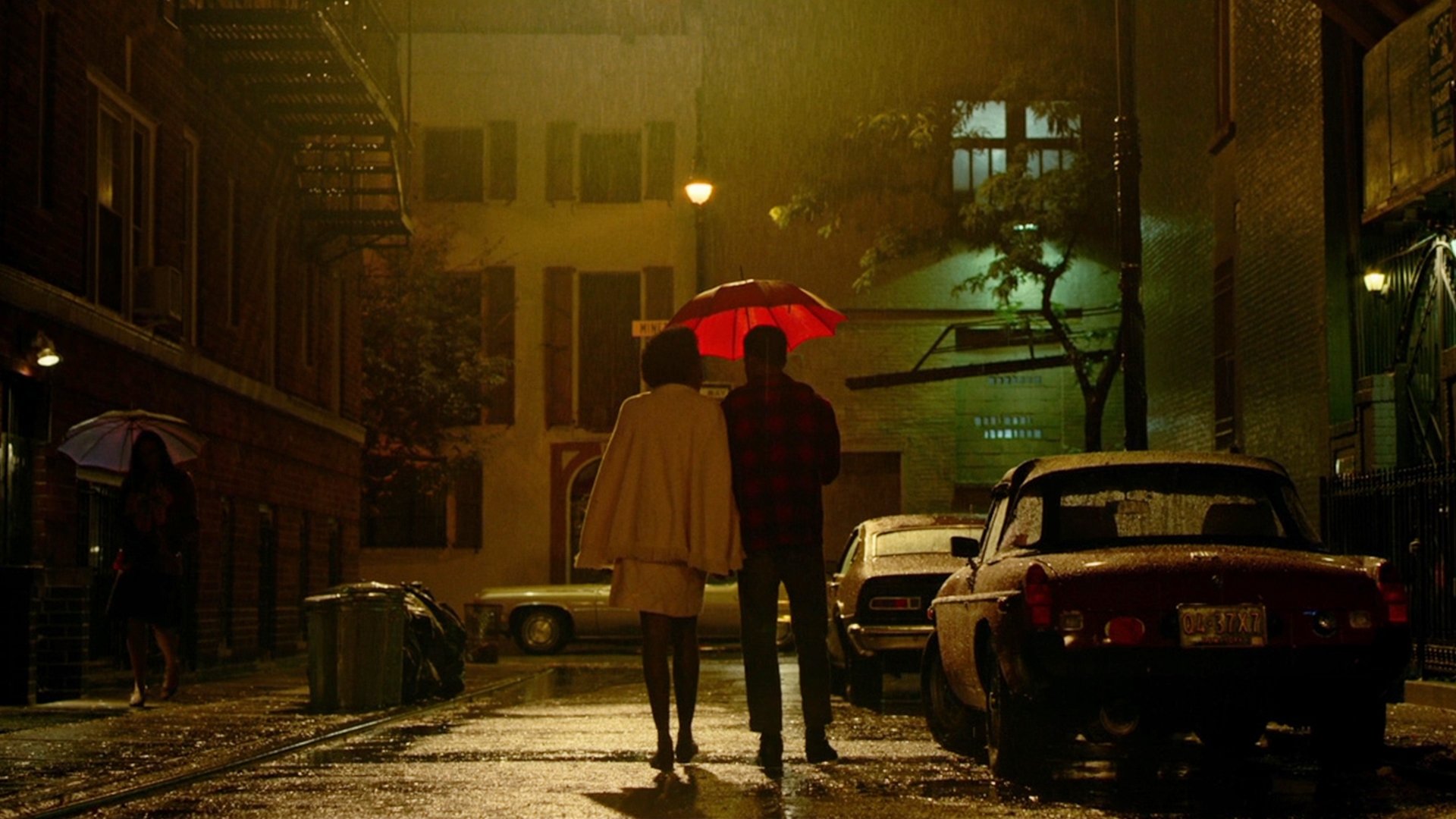Seen in September & October
 Fritz Lang's Woman in the Moon, aka Frau im Mond. Image via the New York Times
Fritz Lang's Woman in the Moon, aka Frau im Mond. Image via the New York Times
Netflixation: the feeling of slight elation or the smallest tingling of satisfaction of having actually selected something to watch. My phone tells me my “screen time” was up 40% last week, but that of course, was the time my phone was active. I attribute that simply to being out and about more recently and needing my phone for all things. Also I’m really really trying to figure out Instagram “Stories” which is an entire mystery to me (I’m particularly angered about this as the lead designer of the app is featured in this season’s series of designer profiles, Abstract). App anxiety aside this is what I gave time to in September and October.
Derry Girls S02
This series that is sort of a coming of age story of a group of teenage girls (and one lad) all set in Londonderry, Northern Ireland at the time of “The Troubles” will make you believe ordinary life stories can be funny, endearing, heartbreaking and meaningful and important especially during the most tumultuous of troubling times.
Listen Up Philip
Listen up, this flailing attempt of a kind of American version of a Francois Truffaut style French New Wave cinema is a complete failure. It's the story of a promising young novelist’s romantic entanglements and his friendship with an older “literary lion” mentor. The dialogue all sounds stiffly like portentously pseudo-intellectual ramblings of a first year student in a creative writing workshop. At one point I felt bad that Jason Schwartzman’s efforts were completely undermined by some questionable editing and amateurish directing. Jonathon Pryce also gives his best effort only to be cut off at the knees by bad writing, terrible editing and an almost grotesque use of handheld camera work. Elizabeth Moss is also wasted in the role of frustrated girlfriend.*
PS. Please note, my tone of critique of this movie is almost as stupid and insipid as the dialogue and dumb voice-over used throughout.
Woman in the Moon
A little known 1929 Fritz Lang sci-fi epic about an expedition to the moon. It would be the last silent film Lang would direct. The reason this film is so little known is probably because it is long and can’t decide if it's a thriller, a romance or a science fiction film. There’s a love triangle, a heist (of plans to go to the moon) and the trip to the moon which has more in common with Tintin’s Explorers of the Moon from 1954 than the 1902 Georges Méliès film A Trip to the Moon. The basic plot here is that a group of investors want to go to the moon to explore and exploit possible mineral riches. They essentially hijack an adventurer’s plans to do so because he’s much further ahead in building a rocket (imagine if a group of Chinese investors forced a takeover of Elon Musk’s Space-X program and company). The movie is an odd mix of what it gets right and what it gets wrong that makes it a little like the 2001: a Space Odyssey of its day. It is sort of stunning how little we knew of the moon by the late 1920s. The sequence of firing the rocket to the moon and landing there are surprisingly like Apollo 11, but when they land on the dark side of the moon because that location is most likely to have a breathable atmosphere, we’re back to 19th century conjecture. Another surprising aspect of a film that seems to care about scientific accuracy is that the melodramatic acting is still in full swing as if we hadn’t been making movies for over a decade before that. I guess it wasn’t until the regular use of sound when that sort of acting must have seemed as crazy as a trip to the moon.
 If Beale Street Could Talk. Image via the Movie Db
If Beale Street Could Talk. Image via the Movie Db
If Beale Street Could Talk
If you were a black man in the 1905s accused of raping a white woman no matter how unlikely it was or even if you had two witnesses as alibis, it’s likely you were going to go to jail. Is the situation any different 60 years later? Tish and Fonny (played by Canadian Stephan James) are sweethearts who have grown up together but just as they are planning on getting married and finding a place of their own in New York City, Fonny is accused of a crime he never committed. That’s the menace of being black in 1950s America. Your freedom is imperilled nearly everyday by a system of justice that wants only to keep its boot on your throat. The film is illuminating and luminous, beautiful but heartbreaking, joyful and sad. It is also very slow. Maybe even too slow. There are several scenes when director Barry Jenkins (Moonlight) allows his actors so much time and space you may be compelled to get up and get a snack from the kitchen.
Read more »Labels: film, movies, TV




